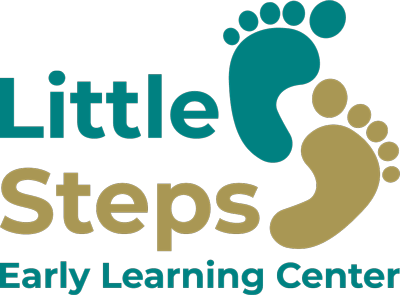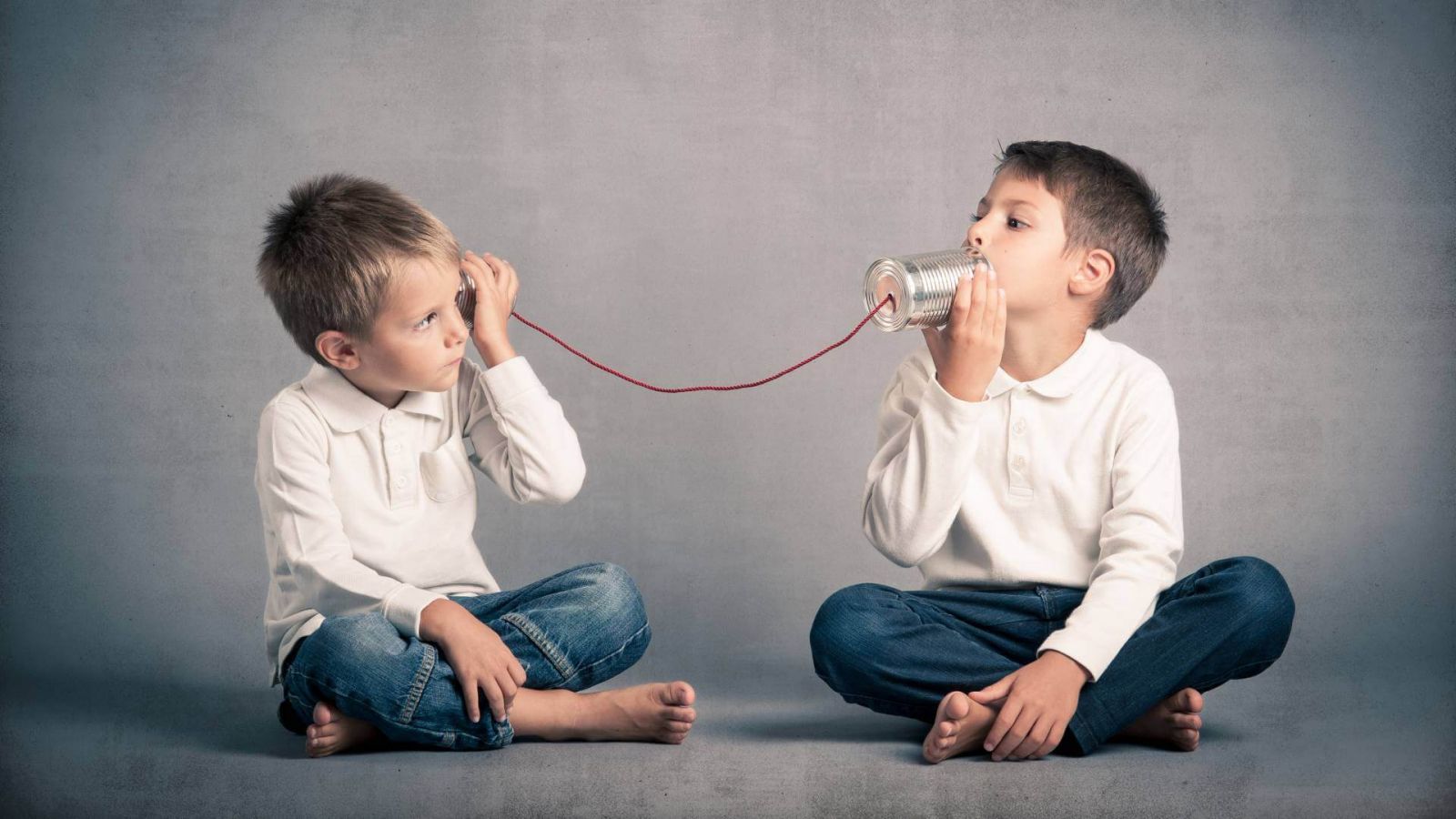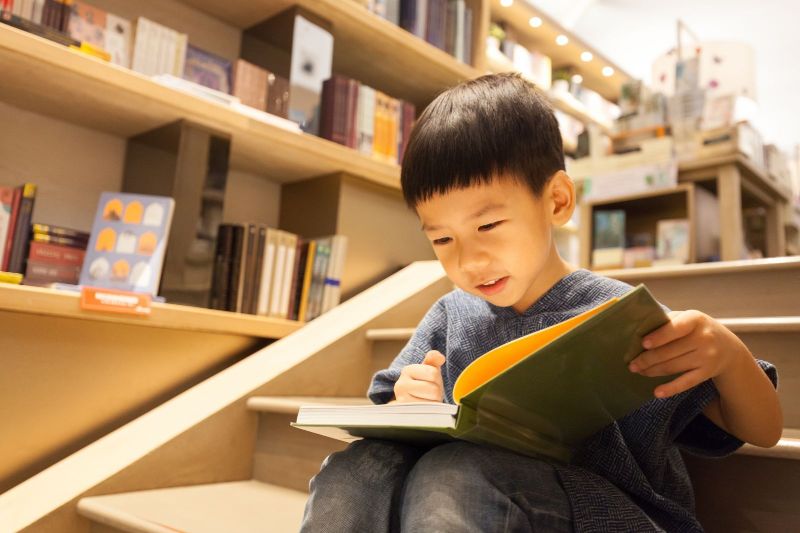The transition from preschool to kindergarten is an important milestone in every child's educational journey. Preparing your child for this transition is crucial to ensure a smooth and successful start to their academic career. In this blog post, we will explore the concept of Pre K readiness and discuss effective strategies to help your child develop the necessary skills and confidence needed for a seamless transition to kindergarten. By implementing these tips and techniques, you can empower your child and set them up for a positive and rewarding kindergarten experience.
Understanding Pre K Readiness:
Pre K readiness refers to a child's ability to meet the expectations and demands of the kindergarten environment. It involves a combination of social, emotional, cognitive, and physical skills that lay the foundation for academic success. While each child develops at their own pace, there are certain key areas to focus on to ensure they are adequately prepared for this transition.
Social and Emotional Development: Encourage your child to engage in cooperative play, take turns, share, and express their emotions effectively. Building healthy relationships with peers and adults will foster a positive classroom experience.
Language and Communication Skills: Promote language development by reading together, engaging in conversations, and expanding vocabulary. Encourage your child to ask questions and express themselves clearly.
Cognitive Skills: Foster critical thinking, problem-solving, and decision-making abilities through engaging activities that require reasoning and logical thinking. Encourage curiosity and exploration.
Independence and Self-Help Skills: Help your child develop self-help skills, such as dressing themselves, using the restroom independently, and following simple instructions. This will boost their confidence and enable them to navigate the kindergarten routine more smoothly.
Preparing for a Smooth Transition:
To ensure a smooth transition to kindergarten, consider implementing the following strategies:
Establish a Routine: Help your child become accustomed to a consistent daily routine. Create a schedule that mirrors a typical school day, including meal times, playtime, and structured learning activities. This will familiarize them with the structure and expectations of a school environment.
Visit the School: Arrange a visit to the kindergarten classroom before the start of the academic year. This will allow your child to explore the space, meet the teacher, and become comfortable with the new surroundings.
Practice School Skills: Introduce age-appropriate activities that align with the kindergarten curriculum. Practice counting, recognizing letters and numbers, and engaging in simple writing exercises. This will help your child feel more confident in their abilities.
Encourage Independence: Foster independence by encouraging your child to dress themselves, pack and unpack their backpack, and manage their belongings. These skills will empower them to take ownership of their learning journey.
Promote Social Skills: Arrange playdates or group activities with other children who will be attending the same kindergarten. This will provide an opportunity for your child to develop social connections and practice important social skills.
Maintain a Positive Attitude: Your enthusiasm and positive outlook about kindergarten will greatly influence your child's perception. Highlight the exciting aspects of starting school and emphasize the friendships, fun, and learning opportunities that await them.
Preparing your child for a smooth transition to kindergarten requires intentional effort and support. By focusing on their social, emotional, cognitive, and physical development, and implementing strategies such as establishing routines, practicing school skills, and promoting independence, you can ensure that your child enters kindergarten with confidence and readiness. Remember, every child progresses at their own pace, so be patient and supportive throughout the process. With your guidance and the right preparation, your child will be well-equipped to embark on their educational journey in kindergarten and beyond.


